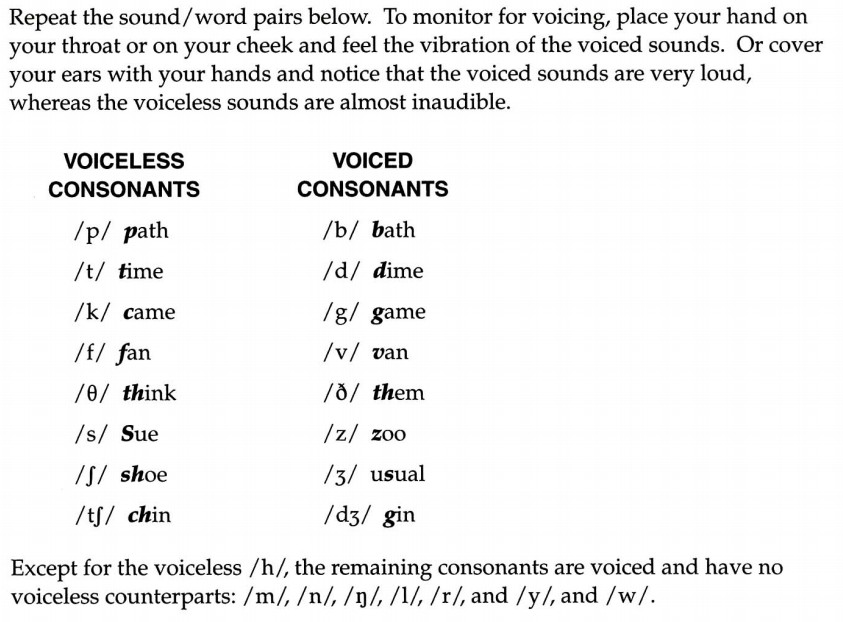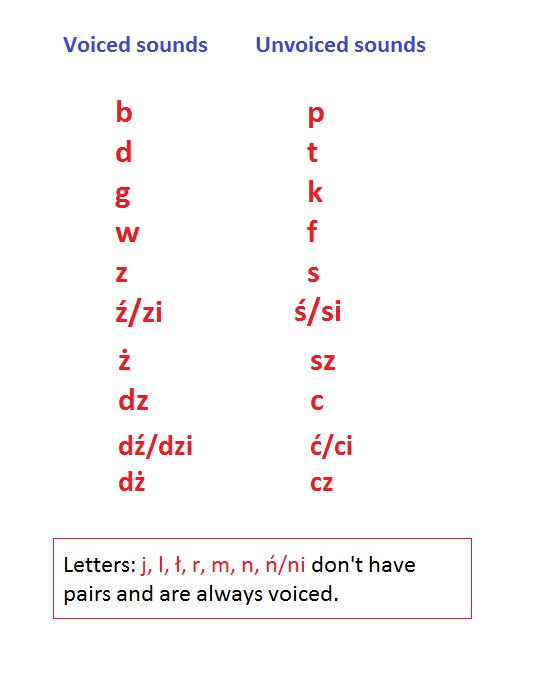

Nerves can also be injured from surgery or chronic inflammation of the larynx (laryngitis). These can include multiple sclerosis, myasthenia gravis, Parkinson disease, Amyotrophic lateral sclerosis (ALS), and Huntington disease. Certain medical conditions can affect the nerves that control the vocal cords.

These include surgery, respiratory illness or allergies, GERD (acid reflux), some medicines, exposure to certain chemicals, smoking, alcohol abuse, and vocal abuse. Many things can cause inflammation and swelling of the vocal cords. Growths can have many causes, including illness, injury, cancer, and vocal abuse. Other growths include a small area of chronic inflammation called a granuloma, and small blisters called polyps. In some people, a band of tissue called a web can grow between the vocal cords. There may be patches of damaged tissue called lesions, or areas of scar tissue. The growths can include fluid-filled sacs called cysts, wart-like lumps called papilloma, or callus-like bumps called nodules. This stops the cords from working normally. In some cases, extra tissue may form on the vocal cords. In some cases, the cause of a voice disorder is not known. Voice disorders can be caused by many factors. Many voice disorders can be cured with treatment when diagnosed early. Anything that interferes with vocal cord movement or contact can cause a voice disorder. Treatment may include speech therapy and injections of botulinum toxin to the vocal cords.įor normal speech, your vocal cords need to touch together smoothly inside your larynx. Other times, the person may not be able to speak. It can make the voice sound tight, quivery, or jerky, hoarse, or groaning. This is a nerve problem that causes the vocal cords to spasm. Surgery and voice therapy may help improve the voice. In other cases, the paralysis is permanent. If they are paralyzed in an open position, you may have a weak, breathy voice. If one or both of your vocal cords are paralyzed in a nearly closed position, you may have noisy or difficult breathing. This can be caused by a viral infection that affects your vocal cord nerves, an injury to a nerve during surgery, stroke, or cancer. The vocal cords can be paralyzed, or partially paralyzed (paresis). Treatment of chronic laryngitis depends on the cause. Common causes include a chronic cough, using inhalers for asthma, and GERD. Chronic laryngitis is when the swelling lasts for a long time. Treatment is to rest the voice and drink plenty of fluids. Acute laryngitis happens suddenly, often because of a virus in the upper respiratory tract. Laryngitis is when your vocal cords swell. The vibration of those cords is what produces speech. Vocal cords are the 2 folds of tissue inside your larynx, also called the voice box. Your voice is the sound that air makes when it is forced out of your lungs and passes over your vocal cords. These problems occur when your vocal cords don't vibrate normally. You may have a voice disorder if you have a problem with pitch, volume, tone, and other qualities of your voice.


 0 kommentar(er)
0 kommentar(er)
